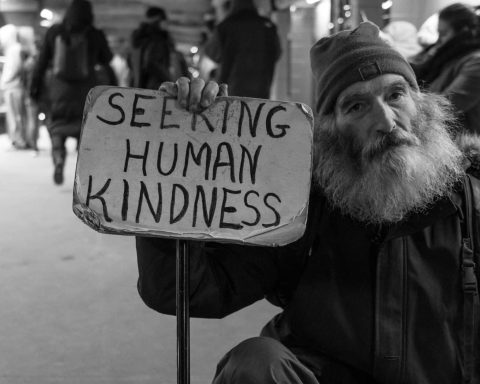Jamila Sherif is a salaried GP in Harrow. She is an appraiser and medical educator.
There is growing awareness and acknowledgement that institutional racism is an essential cause of BAME health inequalities that account for the disproportionate impact of COVID-19 on ethnic minority groups.1 Public Health England’s review, COVID-19: Understanding the Impact on BAME Communities,2 states that:
‘Stakeholders pointed to racism and discrimination experienced by communities and more specifically by BAME key workers as a root cause affecting health, and exposure risk and disease progression risk. Racial discrimination affects people’s life chances and the stress associated with being discriminated against based on race/ethnicity affects mental and physical health.’
In some instances acutely mentally unwell patients were referred to Prevent before mental health services.
In the current context, Medact’s report, False Positives: The Prevent Counter-Extremism Policy in Healthcare,3 cannot go ignored. The report suggests the racial, religious, and mental health impacts of Prevent promote further inequality under the cloak of ‘safeguarding’, highlighting how the most vulnerable — the mentally ill — in an already marginalised minority group are targeted.
It finds that referrals to Prevent can harm the physical and mental health of patients, and damage the therapeutic relationship. In some instances acutely mentally unwell patients were referred to Prevent before mental health services.
Racial and religious profiling is in effect taught as part of mandatory training, with the inclusion of activities such as visiting the mosque and wearing a headscarf used to signify options that may point to radicalisation. Unsurprisingly given the training, the report finds evidence of racial profiling of Asians and those of the Muslim faith in referrals to Prevent.
It is no longer acceptable to turn a blind eye to the impact of blatantly discriminatory policies, or to pretend that they are ‘neutral’ or ‘colour-blind’.
The grotesque death of George Floyd, which galvanised the Black Lives Matter movement, highlights in the most dramatic way the end result of institutional racism when it permeates a society. In the current climate there is an urgent need for alternative approaches to policing, security, and policymaking. It is no longer acceptable to turn a blind eye to the impact of blatantly discriminatory policies, or to pretend that they are ‘neutral’ or ‘colour-blind’.
We are becoming increasingly vigilant and critical of discrimination at all levels of general practice, from leadership to the grassroots, and are having soul-searching conversations about the parts we play. We all agree there is no space for racism and its ugly manifestations in health care.
GPs and our Royal College must stand with Medact to call for the institutionally racist Prevent policy to be repealed from healthcare, so that the sanctity of the therapeutic relationship between doctor and patient can be restored, and the rights of those with mental health difficulties can be upheld.
GPs must speak out and end our involvement in a discriminatory policy that undermines the duties of healthcare professionals.
Channeling funds from Prevent to community projects already working with disadvantaged youth and to our strapped mental health services will do far more to bridge health inequalities and create a more cohesive and safer society. GPs must speak out and end our involvement in a discriminatory policy that undermines the duties of healthcare professionals. The time to act on racism in health care is now.
References
1. Qureshi K, Hill S, Meer N, Kasstan B. COVID-19 and BAME inequalities the problem of institutionalised racism. Centre for Health and the Public Interest 2020; 2 Jul: https://chpi.org.uk/blog/covid-19-and-bame-inequalities-the-problem-of-institutional-racism (accessed 22 Jul 2020).
2. Public Health England. Beyond the data: understanding the impact of COVID-19 on BAME groups. 2020. https://assets.publishing.service.gov.uk/government/uploads/system/uploads/attachment_data/file/892376/COVID_stakeholder_engagement_synthesis_beyond_the_data.pdf (accessed 22 Jul 2020).
3. Medact. False positives: the Prevent counter-extremism policy in healthcare. 2020. https://www.medact.org/2020/resources/reports/false-positives-the-prevent-counter-extremism-policy-in-healthcare (accessed 22 Jul 2020).
Featured photo by Koshu Kunii on Unsplash






